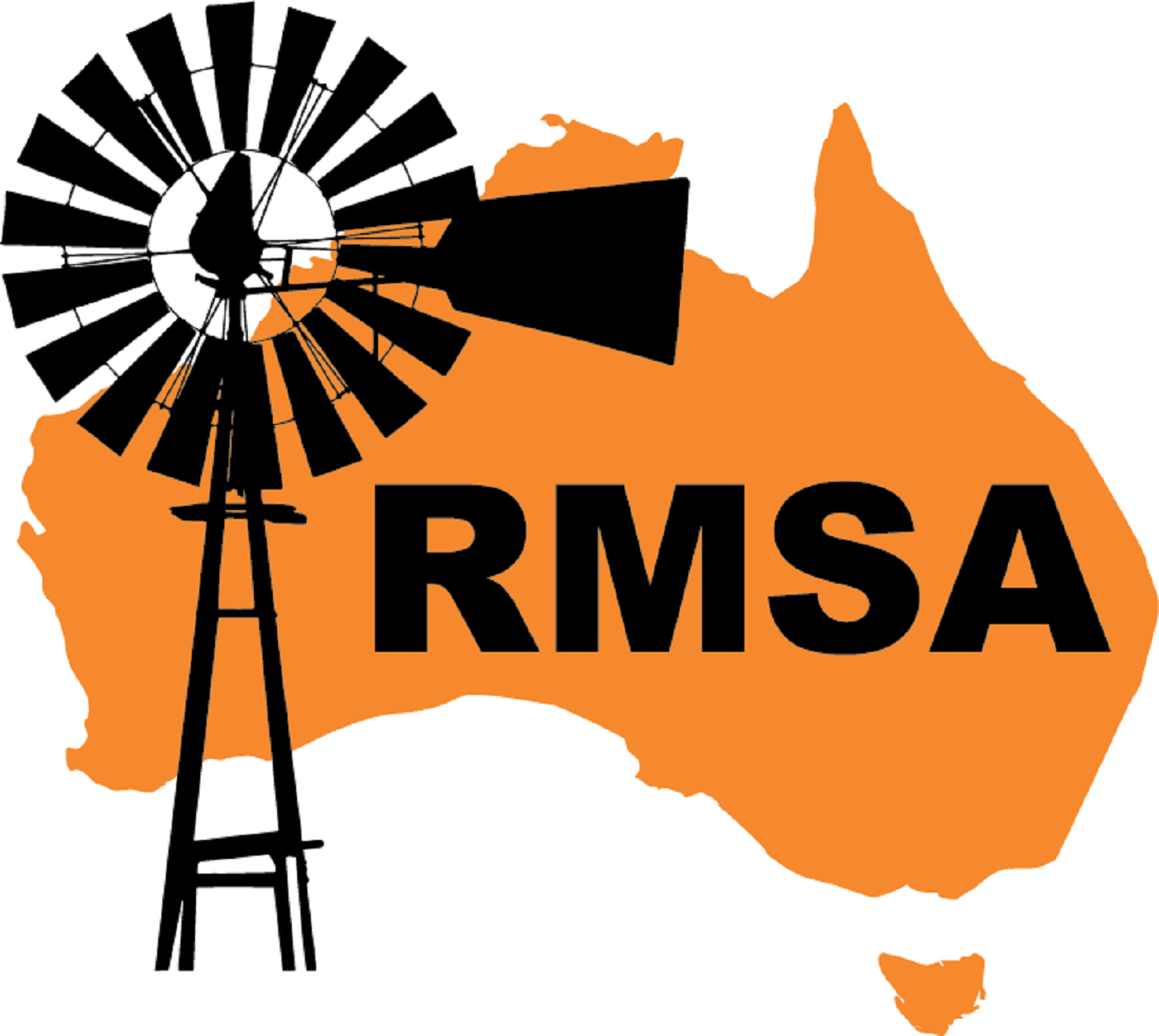Specialist training in Regional Australia.
Several items on the RMSA website show how committed we are to seeing an increased amount of specialist training done and truly Rural and Regional locations. This is because the old system of Metropolitan-based medical school and postgraduate training has failed the people of Rural Australia for generations.
On the other hand, if a secondary school student from a regional background attends a rural medical school or clinical school for at least a year, then goes on to do their internship at a rural or regional hospital, their rate of return to rural areas is as high as 2/3.
We, along with the Australian Medical Council, are eager to see more of the non-GP specialist training colleges facilitating entry into their training programs for trainee doctors from rural backgrounds. The majority of their specialist training time should be spent in rural and regional areas. So far a small but significant number of specialist colleges has signed on to these programs.
An important factor in rural-based specialist training is funding. Metropolitan teaching hospitals have long had enough resources to make this part of their everyday business. Rural hospitals, on the other hand, have fragile budgets and fragile workforces. Their ability to allocate the additional time and resources to support high-quality specialist training is very limited.
This is where the Specialist Training Program (STP) comes in. It was introduced in 2013 to fund, out of the Commonwealth purse, specialist training in “non-traditional” settings such as private facilities and, most significantly, rural and regional hospitals.
As the STP currently stands, the vast majority of STP fund-holders are Metropolitan teaching hospitals. They claim they are funding “rural” training with this money by sending trainees to rural hospitals on 3 to 6 month rotations. These rotational registrars engage very superficially with the rural hospital. They usually jump in their cars early on Friday afternoon to head back to the city if they’re not on call over the weekend. And they hardly ever return to the regional area after finishing their fellowship training.
It needs at least 12 months for a trainee to embed properly into a regional area and form relationships likely to bring him or her back for definitive practice after finishing their qualifications.
This year, the Commonwealth has been undertaking an extensive review of the Rural Health Multidisciplinary Training (RHMT) program. Included in this is what has been described as a “re-design” of the STP. The consultants engaged for this purpose are well aware of how the STP is not serving its intended purpose of funding rural specialist training.
The RMSA recommend the following changes in the Specialist Training Program:
- STP grants should be for 12 months at a time, with the trainee able to renew for a further 12 months;
- The fund holder for STP grants should have a non-metropolitan address and be a genuine rural hospital or Local Health District (LHD);
- STP application and coordination should be vested in a person appointed for this purpose at the rural or regional hospital;
- This coordinator should ideally be funded by the Commonwealth although employed by the LHD;
- This person could also oversee applications for accreditation of training posts and perhaps coordinate a facility-wide professional development program.
This would bring the entire medical staff together regularly, preventing “siloing” of educational activities. The coordinator would obviously develop close working relationships with both the trainees and their supervisors, helping new trainees to settle in to the facility and promote a true learning culture at all levels.
